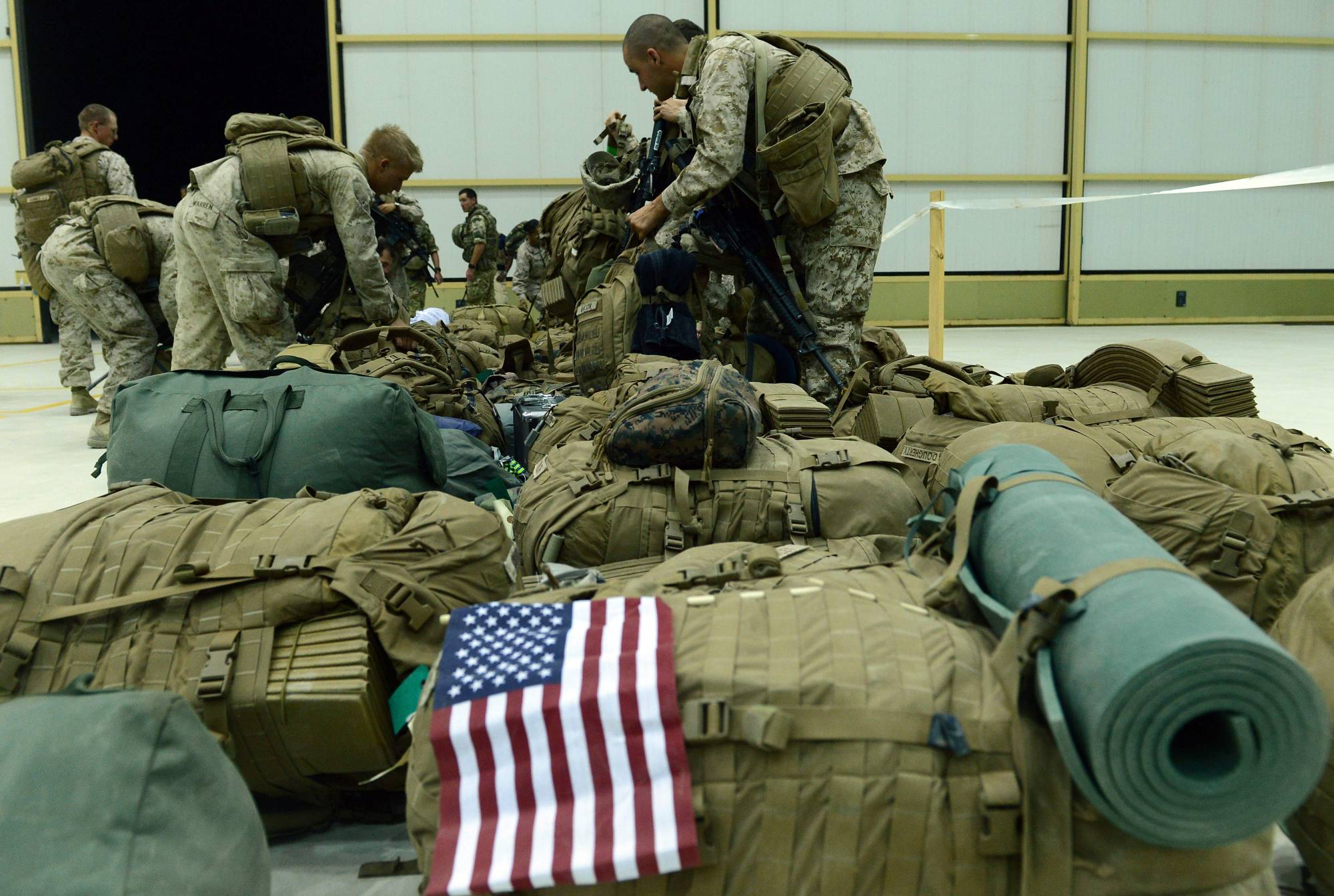Over the four years I led the Afghan war effort as supreme allied commander at NATO, I was lucky to have four superb generals working for me as the in-country commanders of the International Security Force, Afghanistan. Generals Stanley McChrystal, Dave Petraeus, John Allen (a classmate from Annapolis) and Joe Dunford all performed superbly during their one-year assignments in Kabul. All four became household names in the war on global terrorism, and each remains a valued colleague and friend.
I relied on their military advice every day as I reported to the senior civilian leaders of the 28 North Atlantic Treaty Organization nations, from President Barack Obama to German Chancellor Angela Merkel to U.K. Prime Minister David Cameron and many others. The generals had many differences in their backgrounds, approaches, personalities and combat experiences. But they shared one common vision: That our efforts were important to the security of the United States and its allies; and that we should therefore remain in Afghanistan until circumstances permitted a "conditions-based” withdrawal.
That phrase, "conditions-based,” has been used frequently over the past few years of on-again-off-again negotiations with the Taliban. Led from the U.S. side by special envoy Zalmay Khalilzad, these talks have gone further than many would have predicted. The U.S. has been able to draw down its forces steadily for most of the past decade. But the Taliban have not kept their side of the bargain, and violence is increasing in much of the country. Should the U.S. continue to draw down its troops?



















With your current subscription plan you can comment on stories. However, before writing your first comment, please create a display name in the Profile section of your subscriber account page.